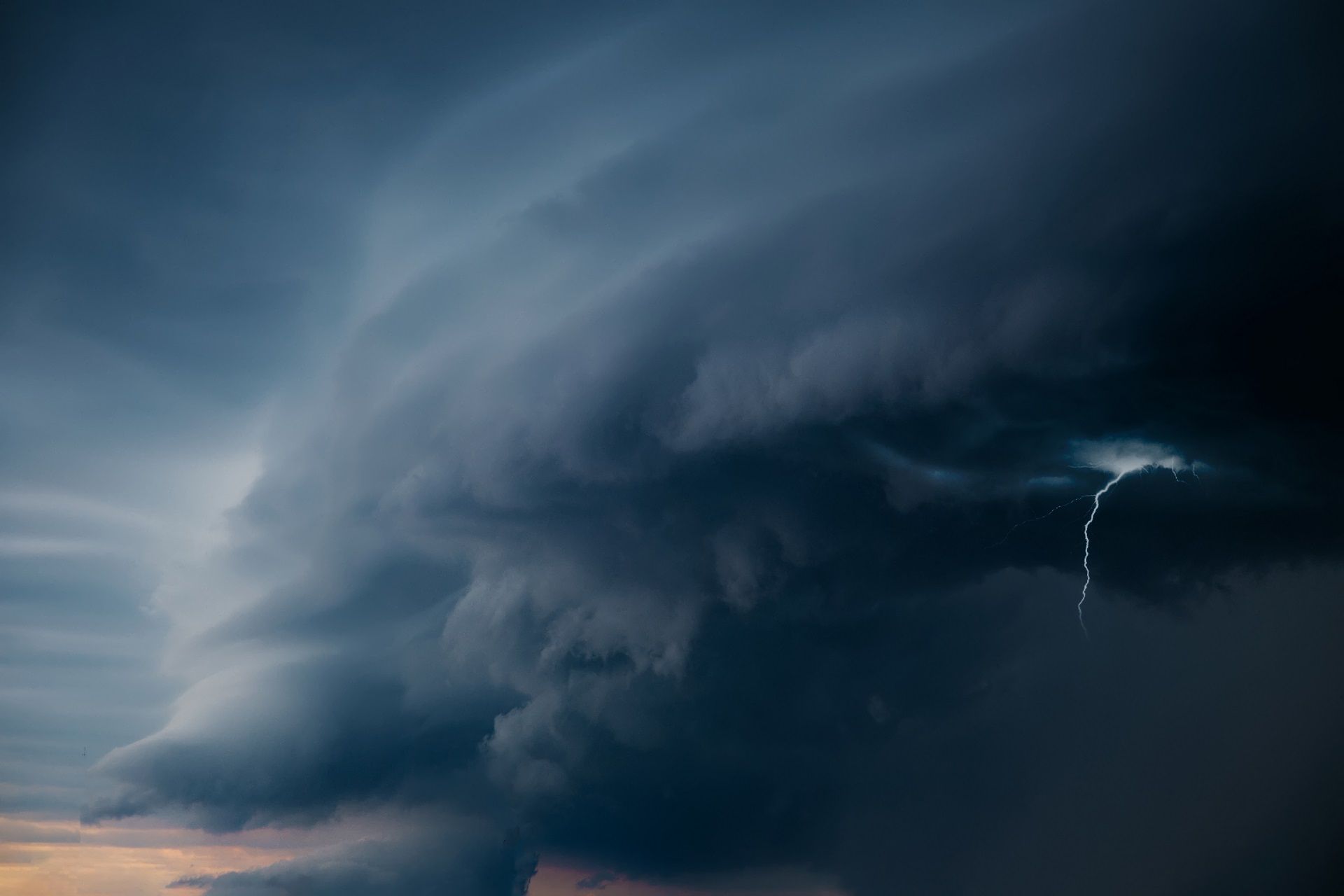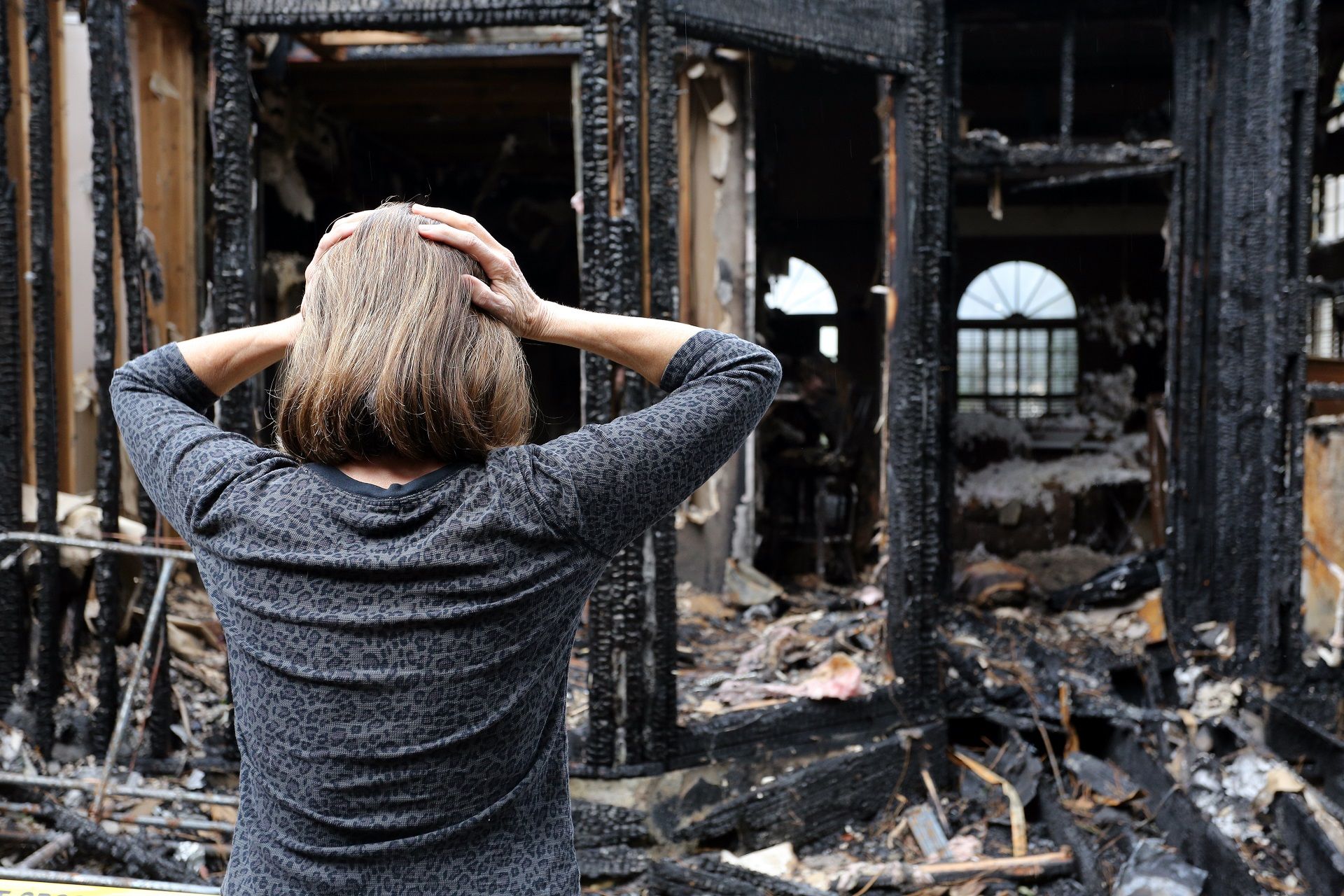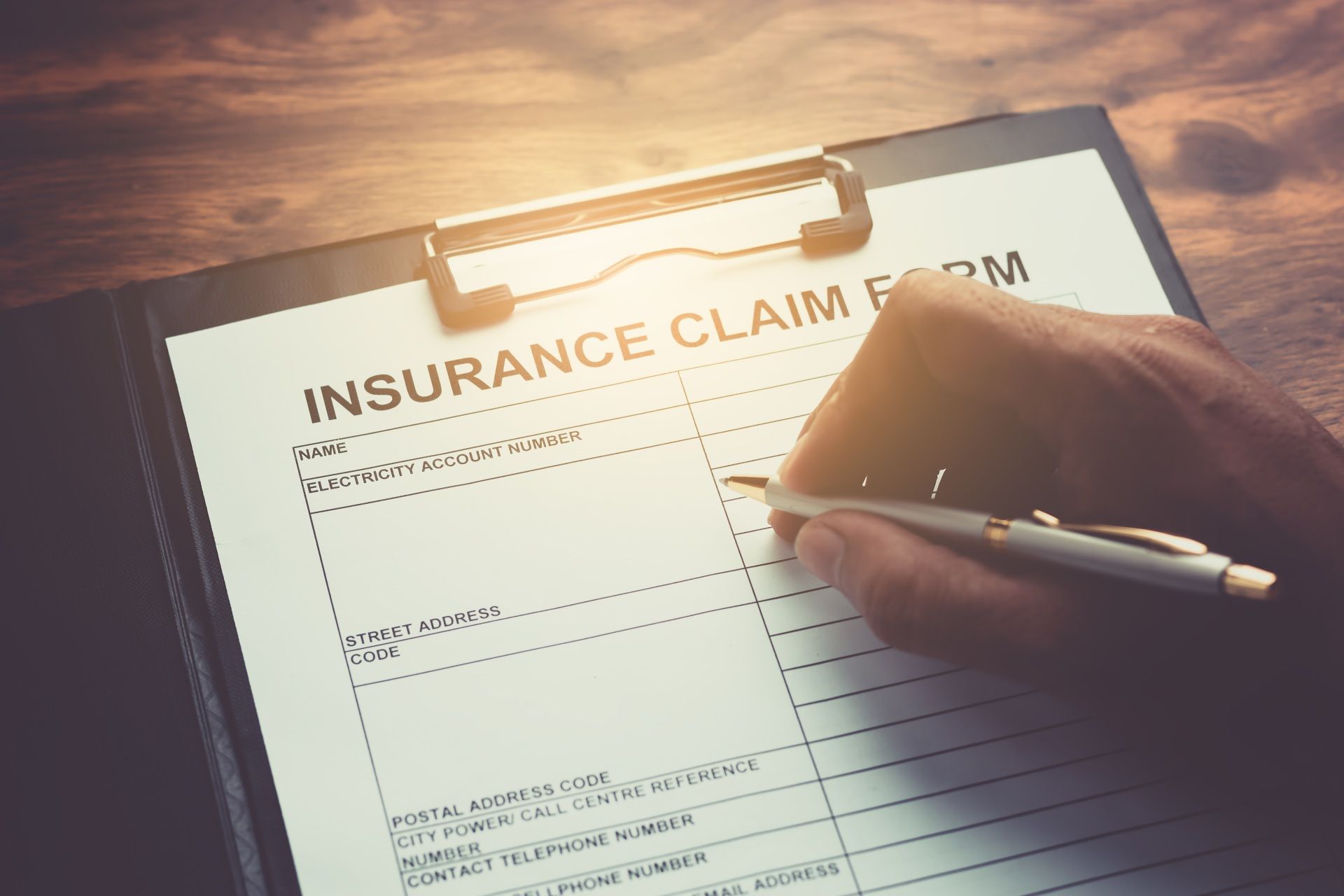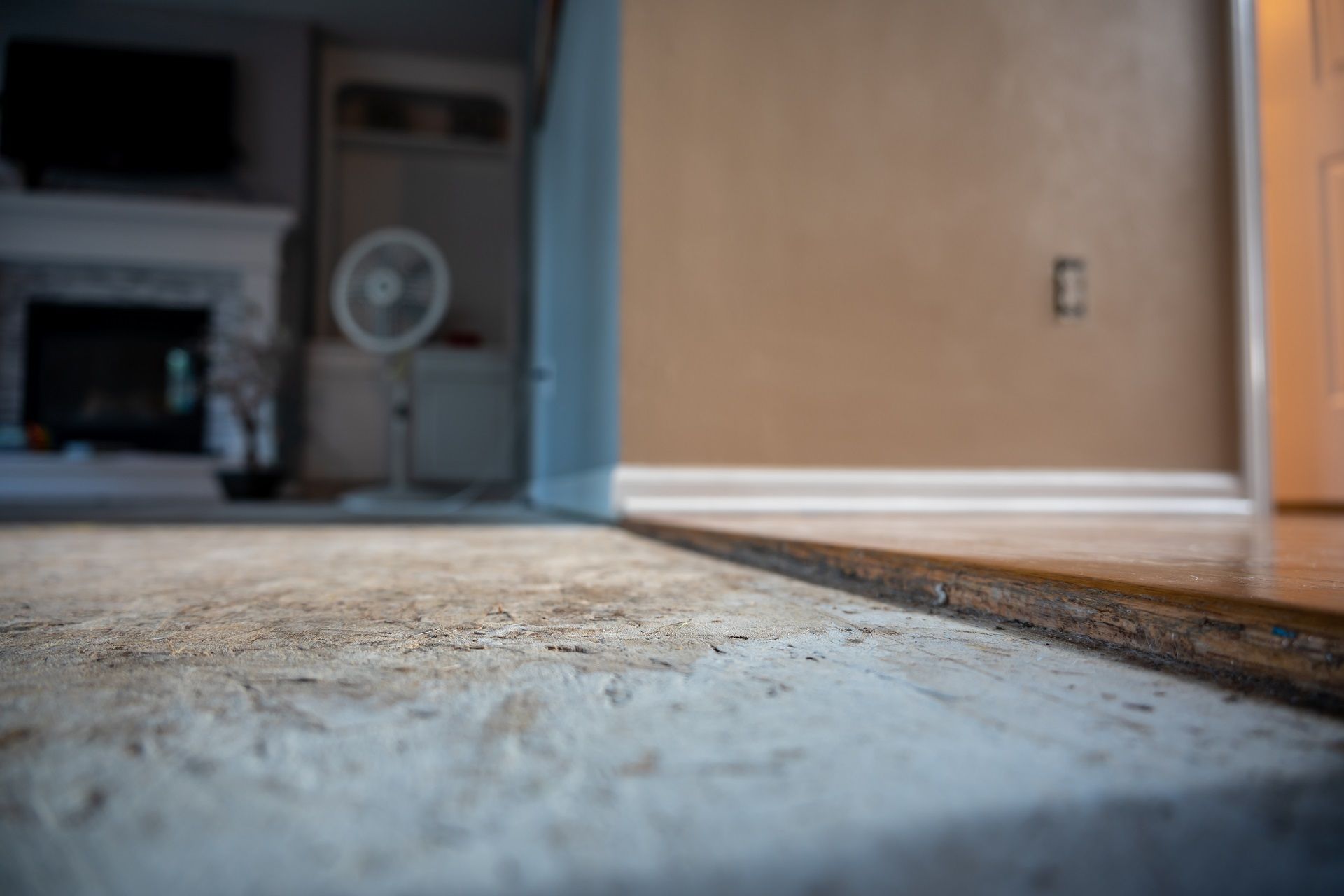When To Make A Water Leak Homeowners Insurance Claim?
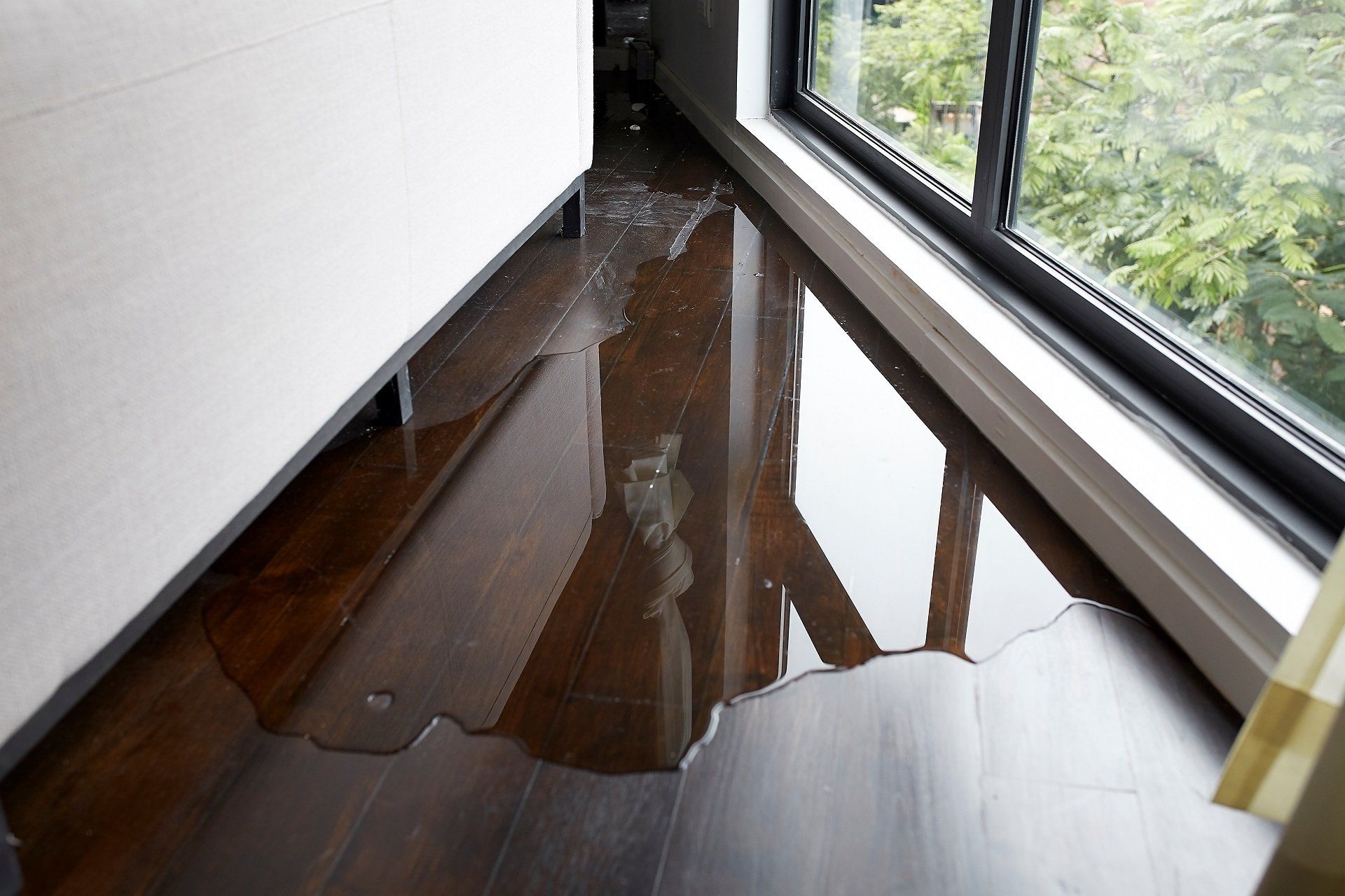
Water damage or damage to property due to a water leak is a widespread claim filed under the homeowner’s insurance coverage. In frequency, water damage claims are the second largest and affect 1 in 50 homes annually. Several reasons are responsible for such claims, like faulty plumbing , frozen pipes, and storm damage. Since these claims arise regularly, policyholders usually have many questions. Therefore, this article aims to answer as many of those as possible.
Types Of Water Damage That Are Covered
Though the homeowner’s insurance policy will cover most water leak damages, there are some exceptions. To avoid any confusion, let us have a glimpse at all types of water damages that are fully covered.
1. Unexpected or unintended water discharge.
2. Water damage caused by a storm.
3. Accidental occurrence of sewer overflow or backup (you might need an endorsement).
4. Water damage caused by flood (if you have purchased additional flood insurance).
As is clear from above, only accidental or unintentional water leaks are covered. Even then, under a few scenarios like floods, you may first have to buy additional coverage. Damage caused by water which is gradual and happens over a period of time, will not be covered by the insurance policy.
Coverage For Allied Damages
Let us take an example. There was a pipe burst in your kitchen that flooded your living room and damaged the wooden floor. If your homeowner’s insurance policy has a provision for covering allied damages, in that case, the cost of repairing the damaged portion of the floor will be covered, and you will be compensated for it by the insurance company.
The important thing here is to ensure that your policy covers allied damages. Not all homeowner’s insurance policies cover the resulting damage. So, if there is no such provision, the repair bill will come from your pocket.
Water Damages That Homeowner’s Insurance Policy Doesn’t Cover
The only type of damage that is not covered is gradual water damage. These kinds of damages occur due to regular wear and tear and hence, are not covered. With the passage of time, deterioration of pipes and plumbing is a normal occurrence. The presumption is that it is the homeowner’s responsibility to take care of such known harm. The insurance company is not taking the onus of financing them.
In cases of gradual damage, there are a few widespread scenarios, but still are not covered by insurance, for example:
1. Cracked Or Broken Pipes – Pipes that develop cracks, holes, or simply break because of corrosion or wear and tear will not be a part of the coverage.
2. Rotting And Mold – Corrosion, mold, and rotting resulting from a water leak are also not a part of the coverage.
3. Damage Due To Lack Of Maintenance – Say there is a leaky faucet, and you fail to repair it. It leads to further damage, which is quite extensive. Such harm that occurs because of overlooking maintenance will not be covered.
4. Seepage In Foundation – If there is a crack in your home’s foundation from where the water gets in, the policy will not cover the resultant damage repairs.
5. Damage To The Roof – A portion of the roof collapsed due to a fallen tree. It lets water indoors and causes harm to your property. The policy will cover the roof repairs, but not the resulting damage like mold unless you have a special provision for it.
The Reason For Denying Coverage
There are times when your claim under the homeowner’s insurance policy will get denied. No surprises in that. One of the prime reasons for doing so is that the damage was gradual. As we mentioned above, gradual damages are not covered.
What you consider sudden damage is not necessarily so. It may have been in the building for quite some time, but you happened to take notice of it only when the damage occurred. As it happens when you file a claim, it is independently investigated by the insurance company to validate its authenticity. It is during such assessment, gradual degradation or deterioration occurrences come to light, and the claim gets denied.
In addition, for some losses, you need to have an endorsement or purchase additional coverage. It is best to understand your policy in detail with either the representative of the insurance company, an independent insurance professional, a public claims adjuster , or a consumer advocacy organization. They can help you gain a full understanding of what is covered and what is not.
Filing Successful Water Leak Insurance Claim
If you want to increase the chances of filing a successful water leak insurance claim, here are a few tips that will come in handy.
1. Take photos and videos of the primary as well as ancillary damage, and document it.
2. Take steps to prevent further damage. If necessary, minor repairs can be carried out without the insurer’s approval.
3. Engage the services of an independent claim assessor to figure out the exact value of the damage and repair costs.
4. Ensure annual maintenance of your home and be sure to keep the repair and maintenance receipts safe. In the event of a claim, these receipts will go a long way in proving that you have been taking good care of your assets.
Wrapping Up
Homeowner’s insurance policies cover only sudden and accidental damages. Gradual damages are not covered. Though in some cases, it may still be covered, however for that, you need to review the policy wordings. The resulting damage may or may not be covered. Again it greatly depends on the additional coverages you may have purchased to supplement the homeowner’s insurance policy.
To get the odds in your favor while filing a water damage claim, ensure that you document all the losses, take pictures, make videos and attach them with your claim.
If your insured property has suffered water damage and you need help filing a claim, the professionals at Continental Public Adjusters can help. We are in the claim settlement business since 1981 and have hordes of success stories to share with you. To book an appointment, call us at (800) 989-4769.
RECENT POSTS
CONTACT US
We will get back to you as soon as possible.
Please try again later.
Contact
Contact Us
We will get back to you as soon as possible.
Please try again later.
Continental Public Adjusters
SERVING ALL OF FLORIDA with offices in Madison and Broward County
All Rights Reserved.
This website is managed by Oamii.


